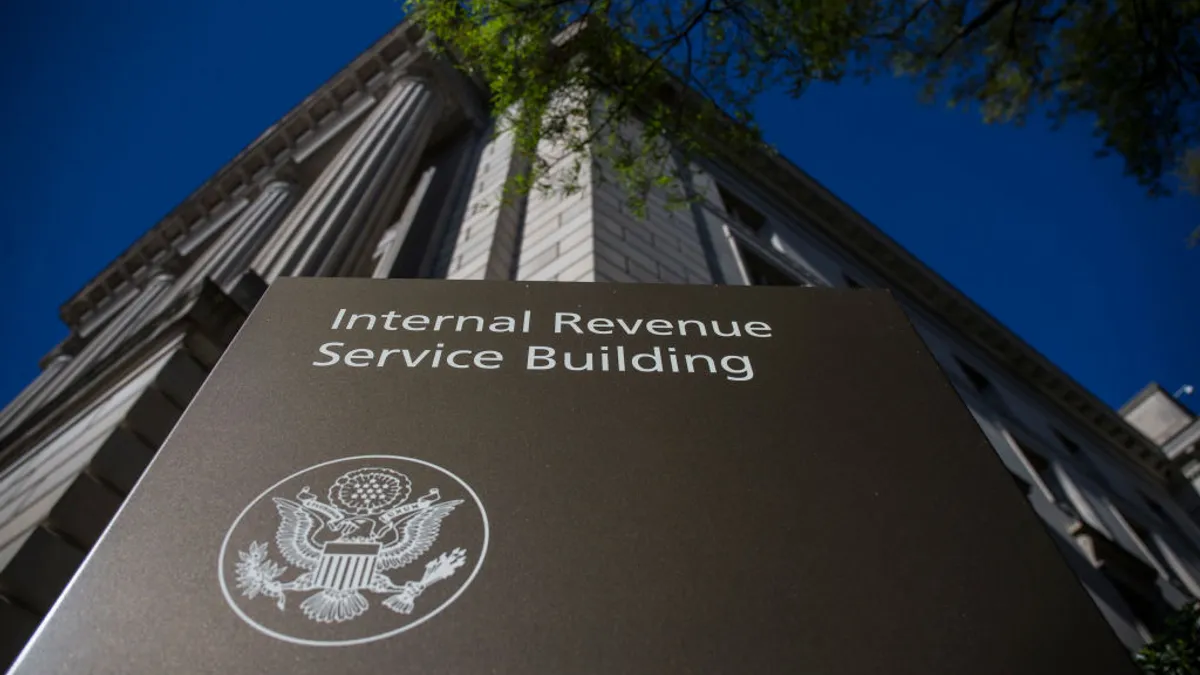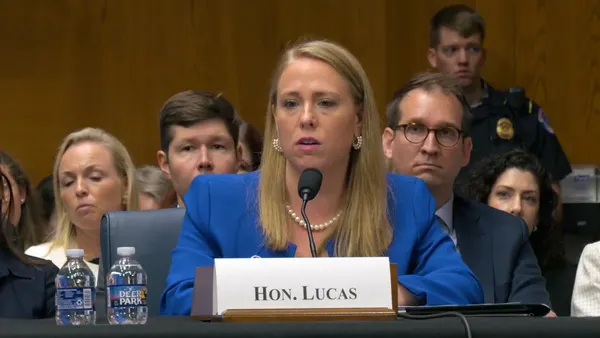Dive Brief:
- A Washington state health system sued the federal government Wednesday seeking more than $11.5 million in allegedly unpaid Employee Retention Credits to which the employer said it was entitled as a result of a partial business suspension during the COVID-19 pandemic, according to court documents.
- Per the complaint in Tri-State Memorial Hospital v. United States, government shutdown orders affected the plaintiffs during the first, second and third quarters of 2021. To comply with the orders, Tri-State said it took measures to contain and limit spread of COVID-19 such as canceling nonurgent procedures and diverting personnel resources to comply with vaccination requirements.
- Tri-State alleged that these measures permitted it to qualify for retention credits and that it filed timely retention credit claims with the IRS but had not received the requested refunds after 16 months from the date of filing. The employer sued for the full amount of the refund plus interest, as well as reasonable attorneys’ fees and costs.
Dive Insight:
The lawsuit is one of several filed in recent years to allege delayed Employee Retention Credits for employers that dealt with business disruptions during the pandemic’s earliest phases. Congress passed the ERC program in 2020 as part of the Coronavirus Aid, Relief, and Economic Security Act, or CARES Act, in an effort to encourage employers to continue to employ their workers.
The ERC program created a tax credit for employers that were adversely affected by the pandemic but continued to pay qualified wages, including certain health plan expenditures, to workers. At maximum, eligible employers could claim a credit worth up to $5,000 per employee for wages paid during the 2020 calendar year. For 2021, the maximum credit is $7,000 per employee per quarter for the first and second quarters of 2021 only.
In the years since, however, the IRS has publicly stated its concern about a “large number of improper ERC claims,” and the agency issued a moratorium in September 2023 through the end of that year on processing for new ERC claims in order to curb abuse of the program. IRS resumed processing claims submitted between September 2023 and Jan. 31, 2024, it announced last August, but it did not lift the moratorium entirely.
The agency’s moratorium has been controversial among business owners, according to a 2024 report by the Taxpayer Advocate Service, causing “harm and frustration” for many and forcing closures and financial hardships. Several lawsuits have been filed against the IRS over delayed ERC refunds, attorneys at Miller & Chevalier wrote in a January article, including an ongoing case in the U.S. District of Arizona, Stenson Tamaddon, LLC v. U.S. Internal Revenue Service.
Miller & Chevalier attorneys also noted that the deadline to file 2021 claims was April 15, 2025, adding that businesses with pending ERC claims should closely monitor IRS guidance and guidelines with respect to whether their claims satisfied the CARES Act’s requirements.














